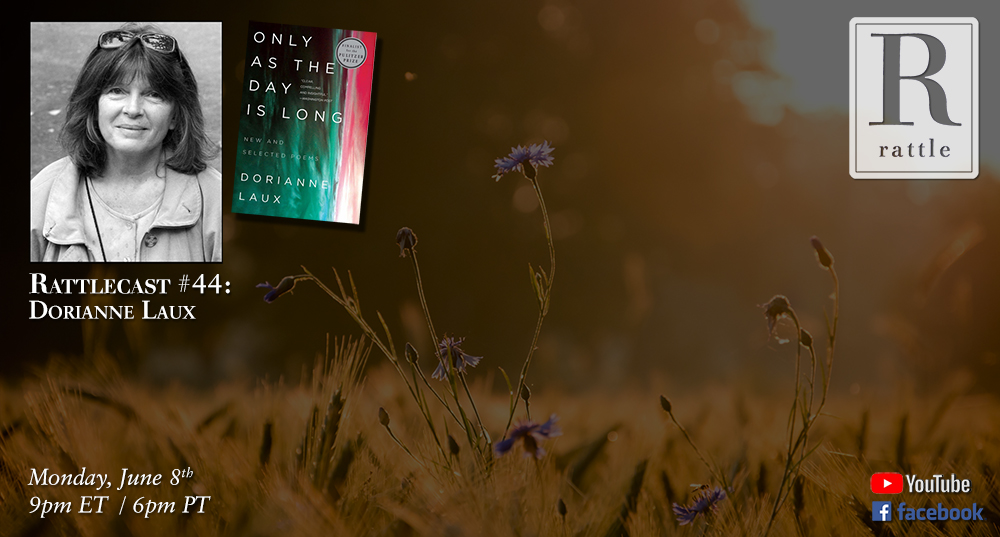March 26, 2011Fast Gas
for Richard
Before the days of self service,
when you never had to pump your own gas,
I was the one who did it for you, the girl
who stepped out at the sound of a bell
with a blue rag in my hand, my hair pulled back
in a straight, unlovely ponytail.
This was before automatic shut-offs
and vapor seals, and once, while filling a tank,
I hit a bubble of trapped air and the gas
backed up, came arcing out of the hole
in a bright gold wave and soaked me—face, breasts,
belly and legs. And I had to hurry
back to the booth, the small employee bathroom
with the broken lock, to change my uniform,
peel the gas-soaked cloth from my skin
and wash myself in the sink.
Light-headed, scrubbed raw, I felt
pure and amazed—the way the amber gas
glazed my flesh, the searing,
subterranean pain of it, how my skin
shimmered and ached, glowed
like rainbowed oil on the pavement.
I was twenty. In a few weeks I would fall,
for the first time, in love, that man waiting
patiently in my future like a red leaf
on the sidewalk, the kind of beauty
that asks to be noticed. How was I to know
it would begin this way: every cell of my body
burning with a dangerous beauty, the air around me
a nimbus of light that would carry me
through the days, how when he found me,
weeks later, he would find me like that,
an ordinary woman who could rise
in flame, all he would have to do
is come close and touch me.

from #25 - Summer 2006